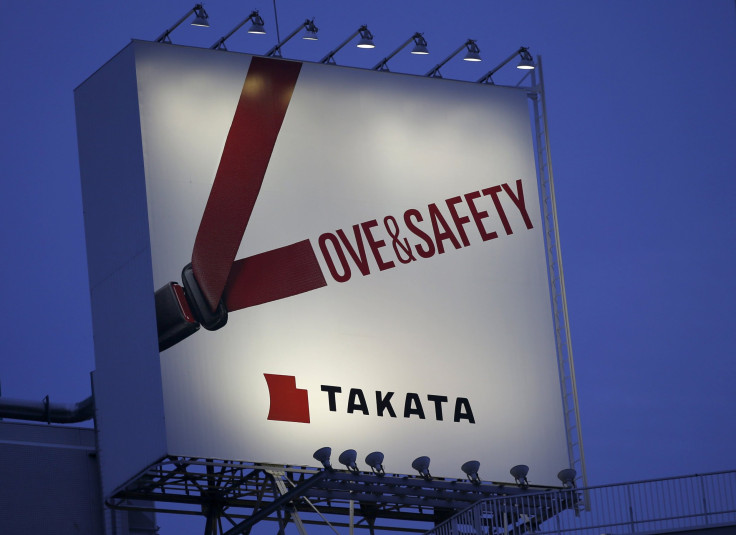Takata Air Bag Recall: Why There Are Fewer Affected Vehicles Than Regulators Say

Japanese air bag maker Takata Corp. issued the largest product recall in U.S. history in May, relenting to pressure from the U.S. National Highway Traffic Safety Administration to recall nearly 34 million air bag inflators that can explode with dangerous force. But NHTSA’s estimate that “the potential number of vehicles affected” is the same as the number of air bag inflators is wrong.
The reason is simple: 33.8 million air bag inflators were not installed in 33.8 million separate cars. Many of the cars have two defective inflators – one for the driver and another for the front passenger. Some of these inflators were in the supply chain and never made their way into vehicles. Others were used as replacement parts. And some of the affected cars, which date back to the 2001 model year, have been totaled and scrapped.
A recent Reuters analysis of the U.S. safety recall notices from the 10 affected car manufacturers showed that the number of affected vehicles in the United States stands at about 16.2 million, not 33.8 million. Automakers confirmed the lower number.
While the number of affected cars is still incredibly large -- about 1 in 16 vehicles on U.S. roads -- the study clarifies that there’s a broad difference between Takata’s massive recall of affected air bag inflators and automakers recalls of vehicles confirmed to contain them. Reuters estimates that the number could still rise to 20 million vehicles or more, as automakers expand regional recalls, but this is still significantly smaller than the number of cars NHTSA says are potentially affected.
NHTSA and car companies still strongly urge car owners to make sure that their cars are not included in the lists. Due to a parts supply constraint, it could take weeks if not months for owners to get their cars fixed from the date they schedule an appointment with their local certified dealerships.
The air bag inflators contain ammonium nitrate, a common explosive chemical that’s is used to rapidly inflate the bags. But the chemical, which Takata began using in 2001, has an unstable relationship with humidity. The inflators can deploy with such excessive force that the part fractures and sends shrapnel tearing through the bags and into the bodies of drivers and passengers.
Six people have been confirmed dead worldwide, and a lawsuit filed in Louisiana on Monday claims there may be a seventh casualty. Because the defect has been in vehicles worldwide for so long, it’s possible other deaths and injuries went undiagnosed by accident investigators.
The number of affected vehicles worldwide is unknown. On Thursday Mazda Australia announced it was recalling nearly 80,000 cars found to contain the defective air bag.
© Copyright IBTimes 2024. All rights reserved.





















